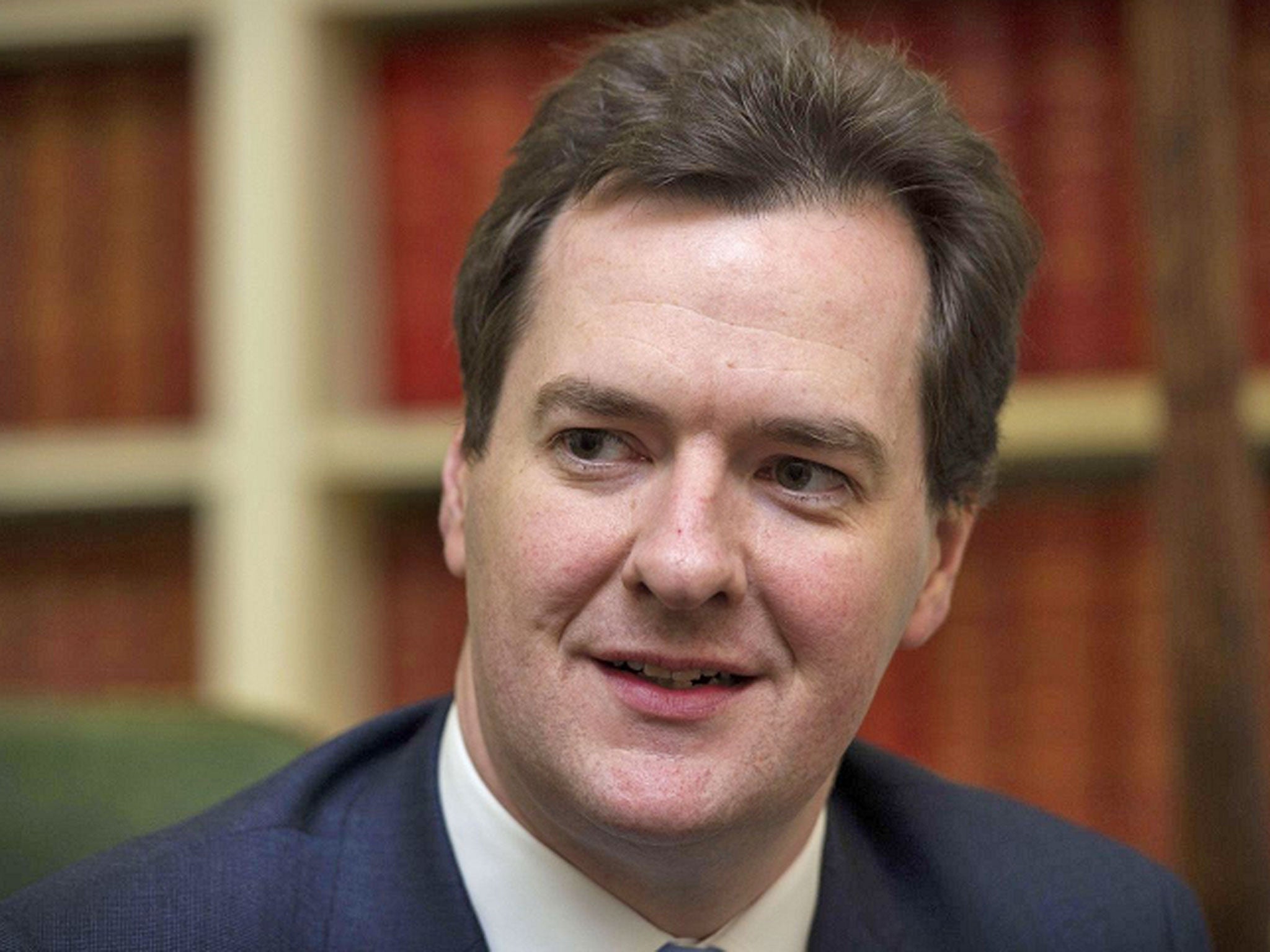Osborne sticks to deficit plan as angry MPs give him a downgrade

George Osborne was accused of being a “downgraded” Chancellor tonight, amid angry scenes in the House of Commons over the loss of Britain’s cherished triple-A credit rating.
The Chancellor, who made retaining the top rating a cornerstone of his economic policy, was accused of being “in complete denial” about the UK’s economic plight by Labour as he was called to answer an emergency question on the Moody’s downgrade.
But he insisted that his controversial deficit reduction programme would not be blown off course.
And he rounded on Labour saying: “This is a stark reminder of the debt problems built up in Britain over the last decade and a warning that we can’t run away from dealing with those problems.”
He pointed to Moody’s warning that further downgrades could be in the offing if the country was diverted from dealing with the deficit and said the choice for Britain was either to “abandon our efforts to deal with our debt problems and make a difficult situation very much worse” or to “redouble our efforts to overcome our debts and make sure this country can earn its way in the world”.
Sterling hit a two-year low against the dollar of $1.5073 on the currency markets as a result of the downgrade, although the pressure eased later on and traders said that while the pound was under fire there was no panic as yet.
The pound also hit a16-month low against the euro and Barclays Stockbrokers said a poll of its clients revealed that almost half believed that it will continue to decline against the resurgent single currency.
Further evidence of the grim economic plight was provided by figures from the British Bankers’ Association, which showed that the housing market went into reverse in January.
Mortgage approvals fell by 14 per cent to a four-month low, despite rock bottom rates available as a result of the Bank of England pumping a flood of cheap money into the market.
But the FTSE 100, whose members are largely dependent on the international economy, shrugged off the news to finish up 19.67 at 6355.37.
Ed Balls, the shadow Chancellor, accused Mr Osborne of using Moody’s action as “cover for his accelerated tax rises and spending cuts”, which had proved to have failed.
“He used to say a downgrade would be a disaster, today he says this downgrade doesn’t matter – but he is still warning a further downgrade really would be a disaster,” he said.
Mr Osborne repeatedly insisted that the credit rating was “an important measure but just one measure”.
Michael Ingram, from City brokerage BGC Partners, summed up the feelings of many in the financial sector by calling Britain a “debtaholic”. And he warned of more pain to come in the next Budget, on 20 March. He said: “The next Budget is likely to bring little joy to anyone. Having overshot deficit targets this financial year – despite large doses of accounting fudge –the UK will see further spending cuts and tax increases next month.”
Join our commenting forum
Join thought-provoking conversations, follow other Independent readers and see their replies
Comments
Bookmark popover
Removed from bookmarks